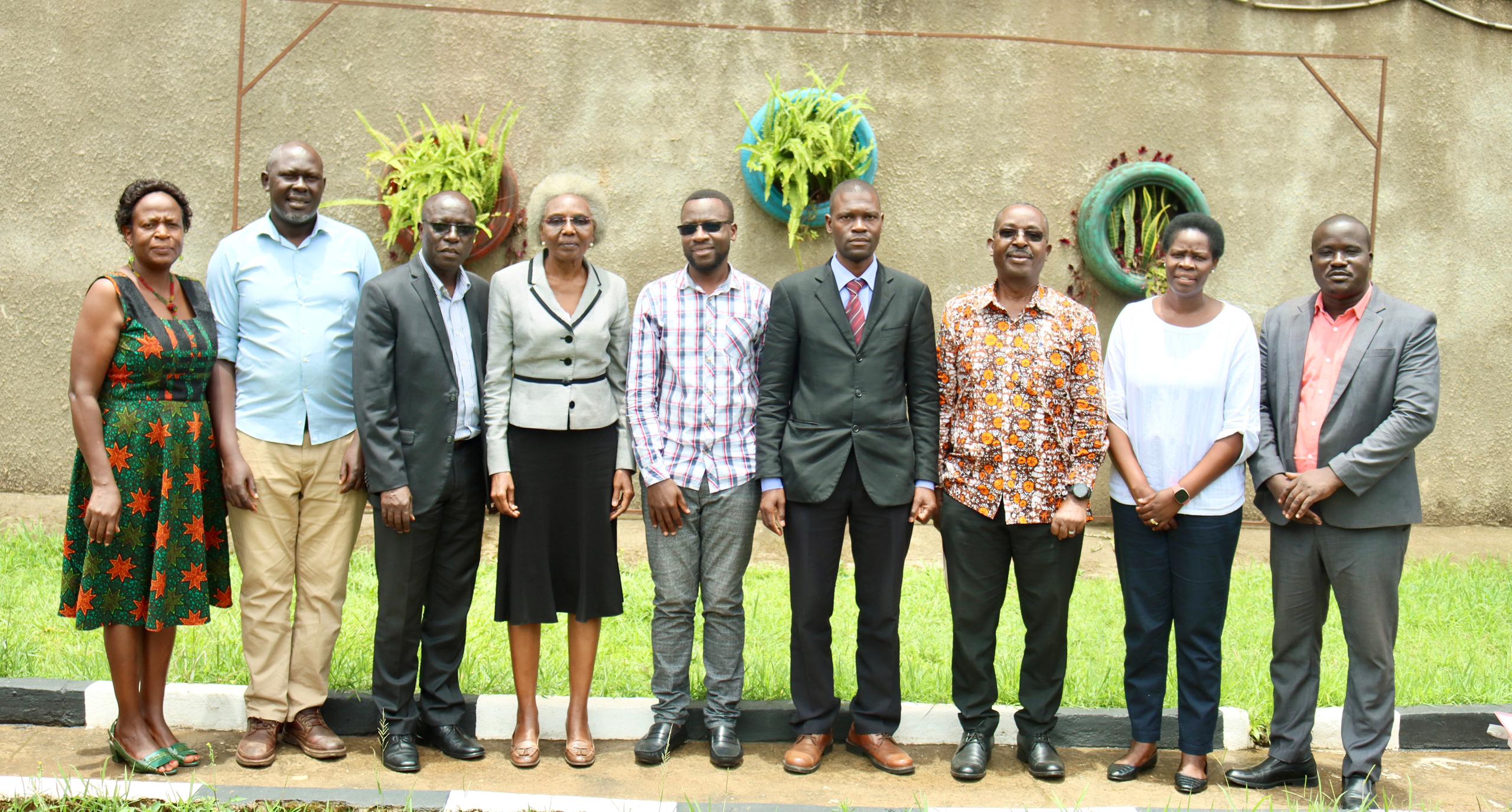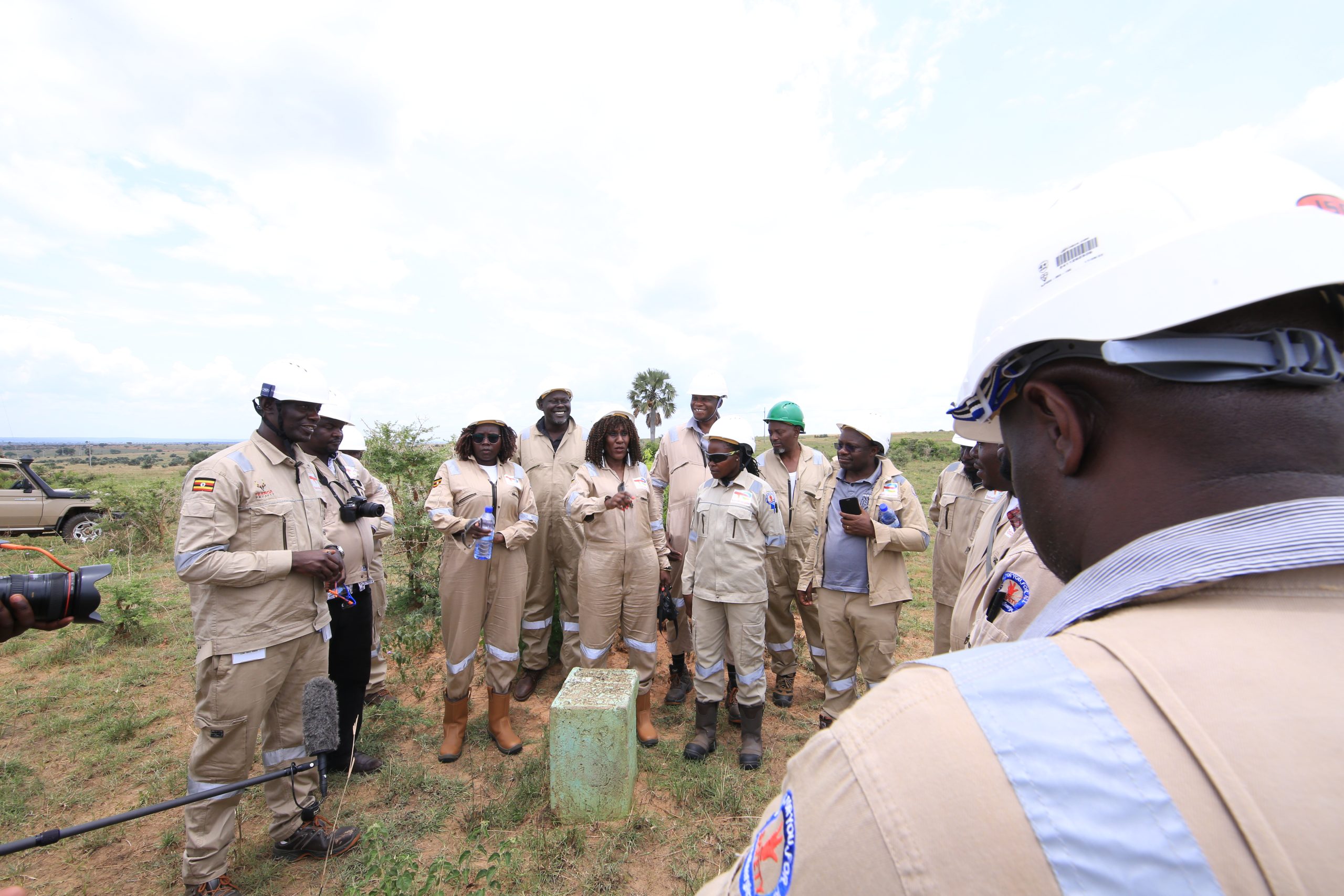Youth & Civic Space – Highlights of the EU-CSO Structured Dialogue
The European Union Delegation to Uganda, in partnership with the Uganda National NGO Forum held a structured dialogue on 14th January 2015, at Hotel Africana, Kampala. The dialogue aimed at discussing issues around youth and their civic duty in the socio-economic transformation of their society. The meeting brought together over 50 participants from the civil society fraternity, development partners and the academia.
Guest speakers that honored the meeting included the Head of, EU Delegation, Amb. Kristian Schmidt,the Executive Director, Uganda National NGO Forum Mr. Richard Ssewakiryanga, Dr. Emmanuel Bagenda, Senior Lecturer, Faculty of Law Makerere University , Ms. Rita Aciro, Executive Director, Uganda women’s Network (UWONET), Mr. Ahmed Hadji, Youth Activist, Thomas Millar and Sabrina Bazzanella from the EU Delegation.
Some of the messages that came out strongly include; Lack of a complaint mechanism as a form of conflict resolution; where the youth can report different cases that hinder them from participating in civic engagements; The need for holistic programming for the literate and the illiterate, young mothers, youth in prison and remand homes, the LGBTI, the youth living with disabilities and HIV so that the programmes address different groups effectively; The need to build a legal accountability mechanism for the youth fund; this is to curb misuse of the youth fund meant for economic empowerment; Rational engagement of the youth in trade policy processes; the youth should be trained to engage in crucial policy development processes and articulate issue as well.
It was agreed that there is a structural disarray in Uganda; with structures being abused for political intentions. Despite the legal policies in place, it is important to critically interrogate the interest of the state in the youth; there’s need to deepen civil society mobilization of the youth as a shared responsibility from both civil society and government; Need to link global processes to local processes such as the Sustainable Development Goals where the youth have been positioned as torch bearers of the goals; Review of the training curriculum by the National Service Academy which focuses more on patriotism rather than civic engagement because ‘the youth will be patriotic only if they love their country; Develop youth mainstreaming programmes to empower the youth in governance issues; train those that are already posted in new districts as community development officers and the need for an annual youth sectoral reviews for all development partners supporting youth development.
Story By Clare Kyasimire



